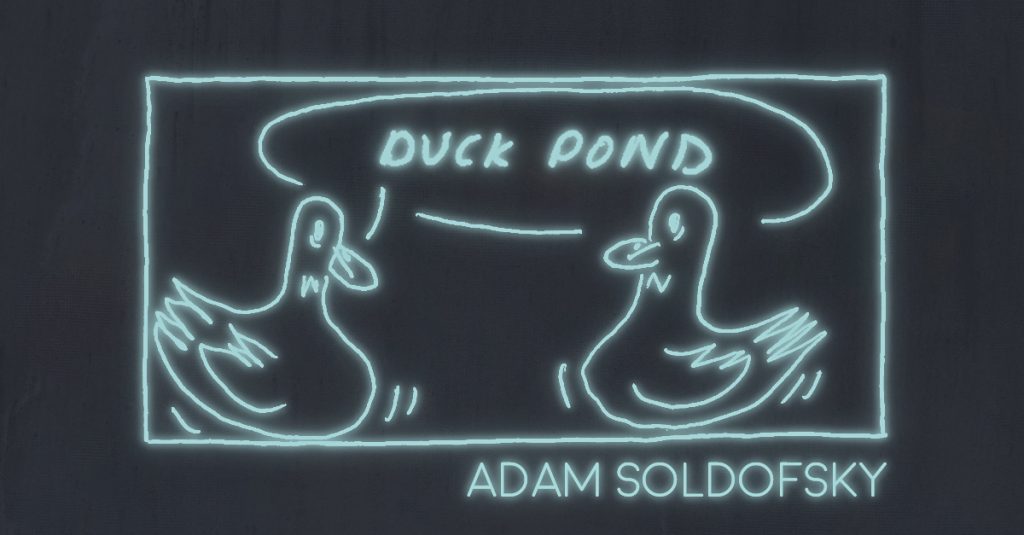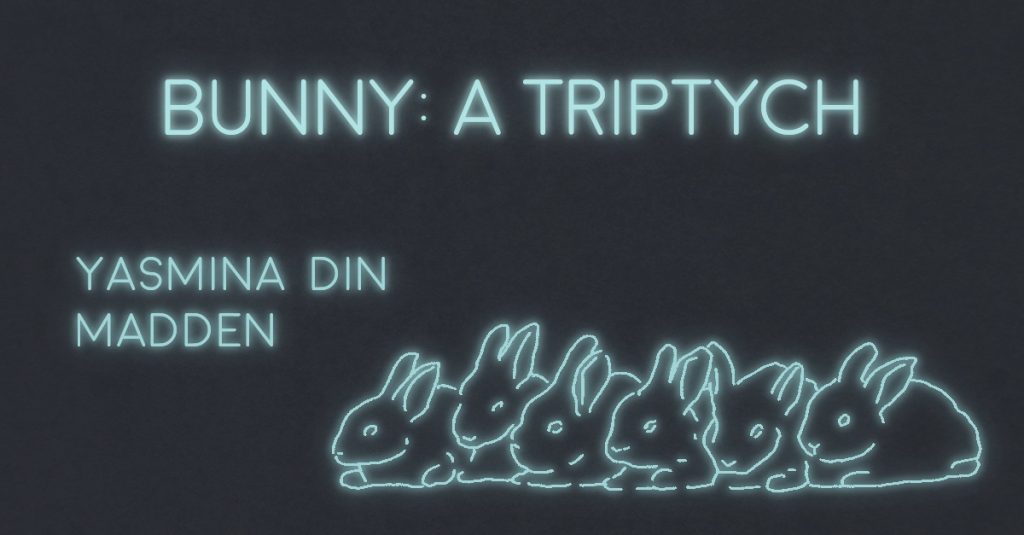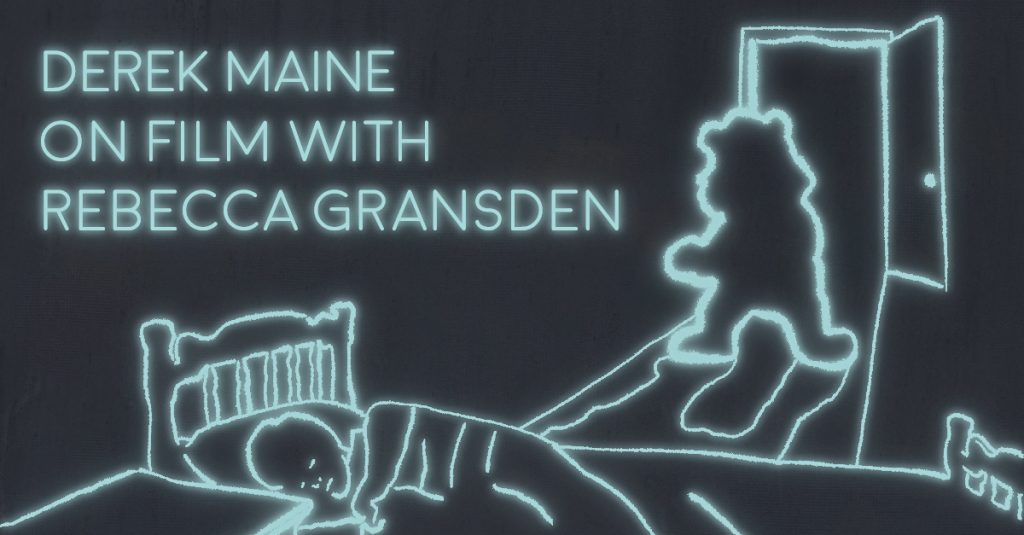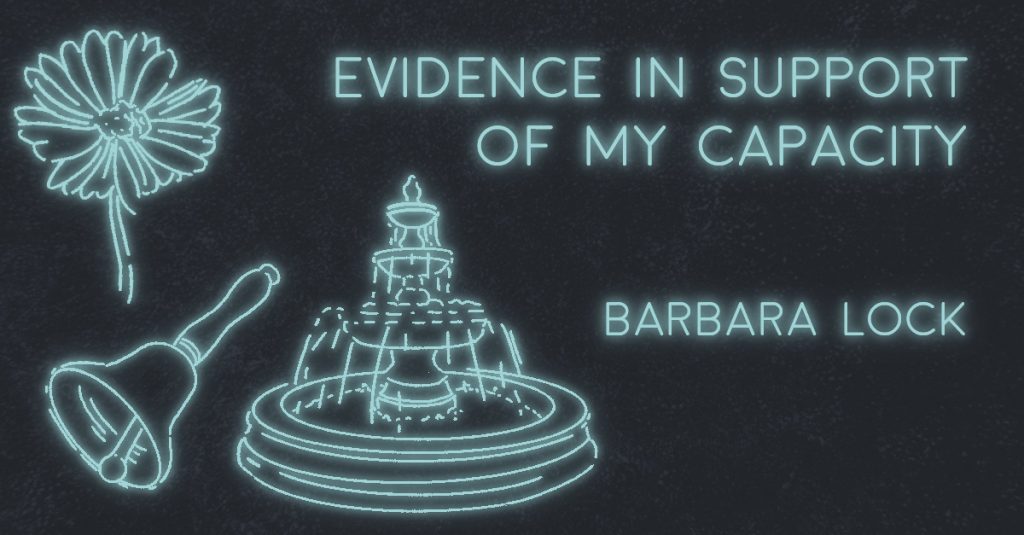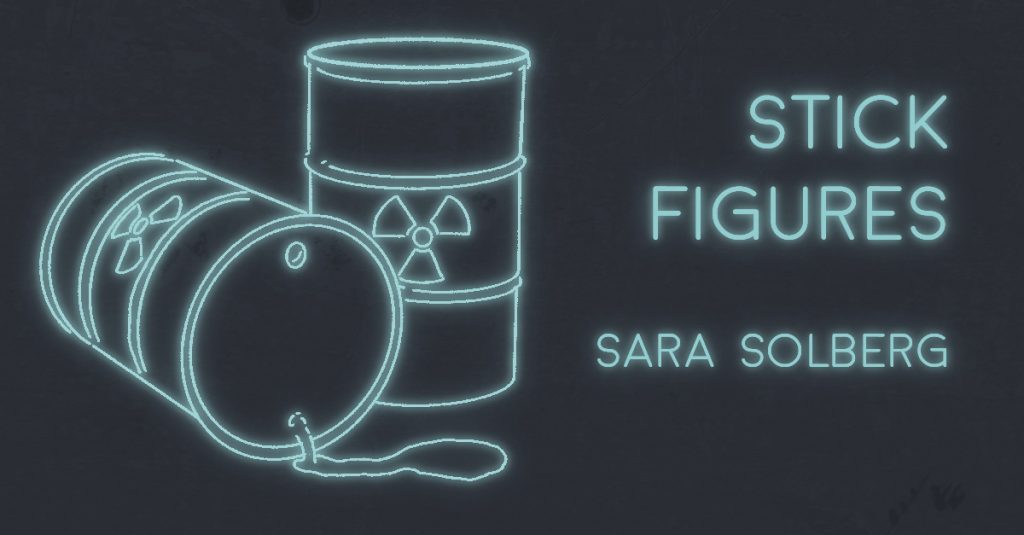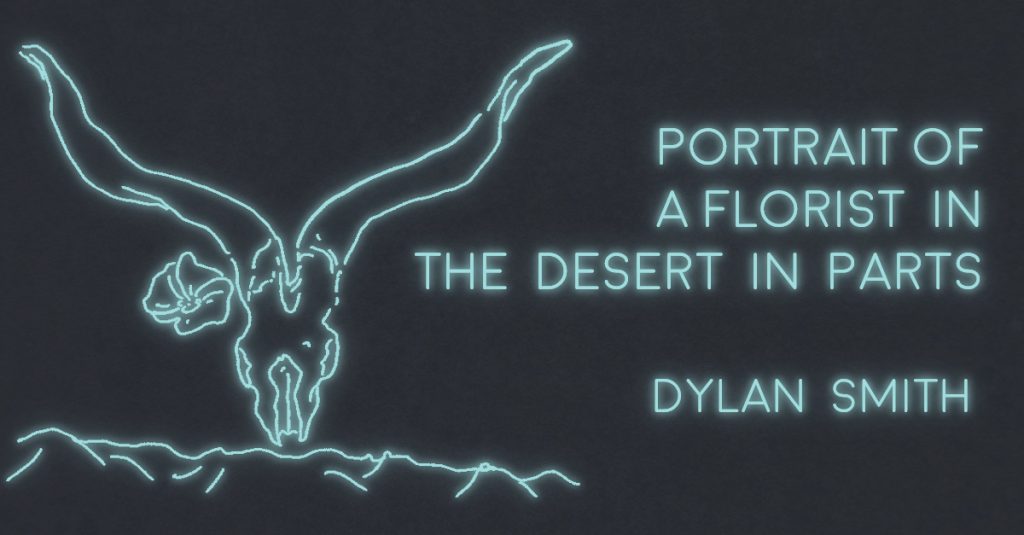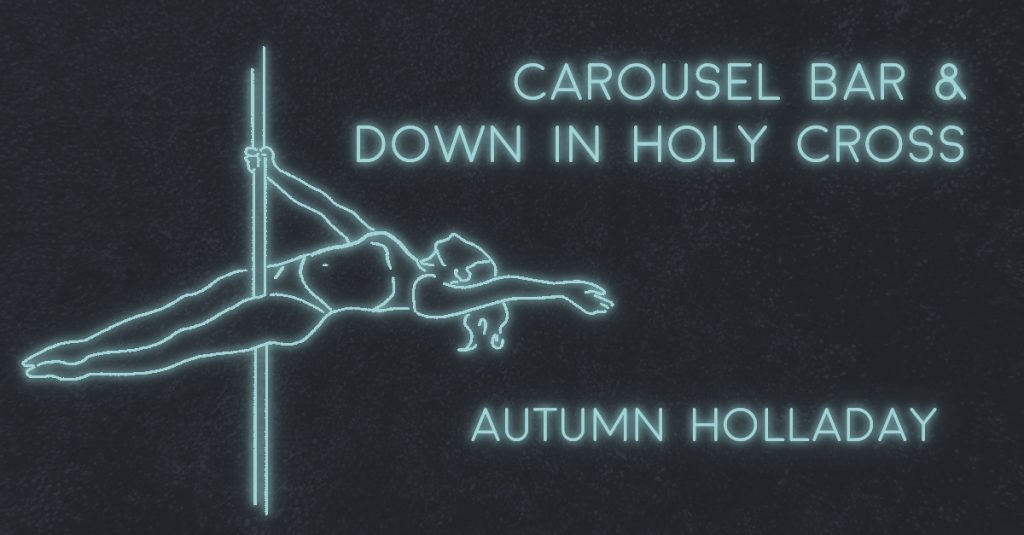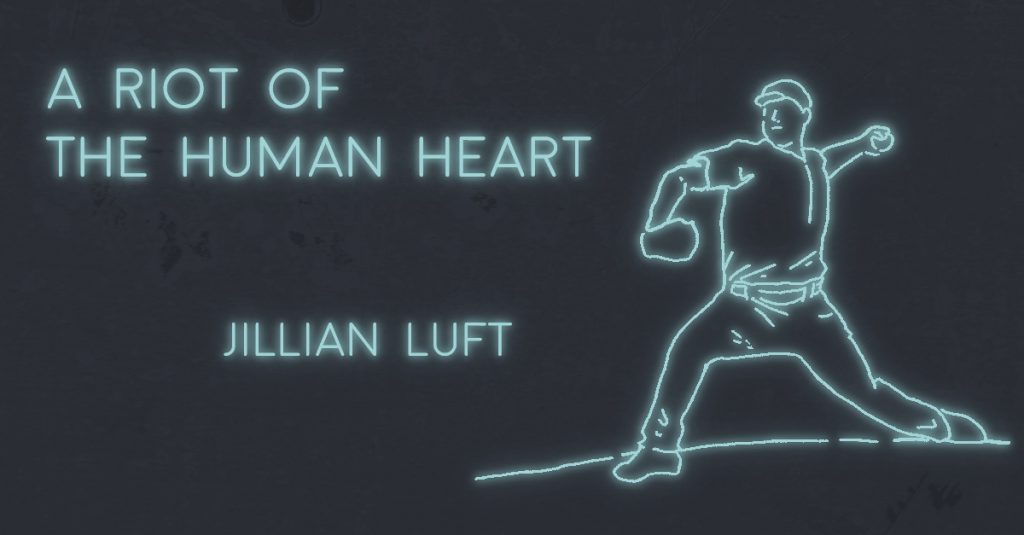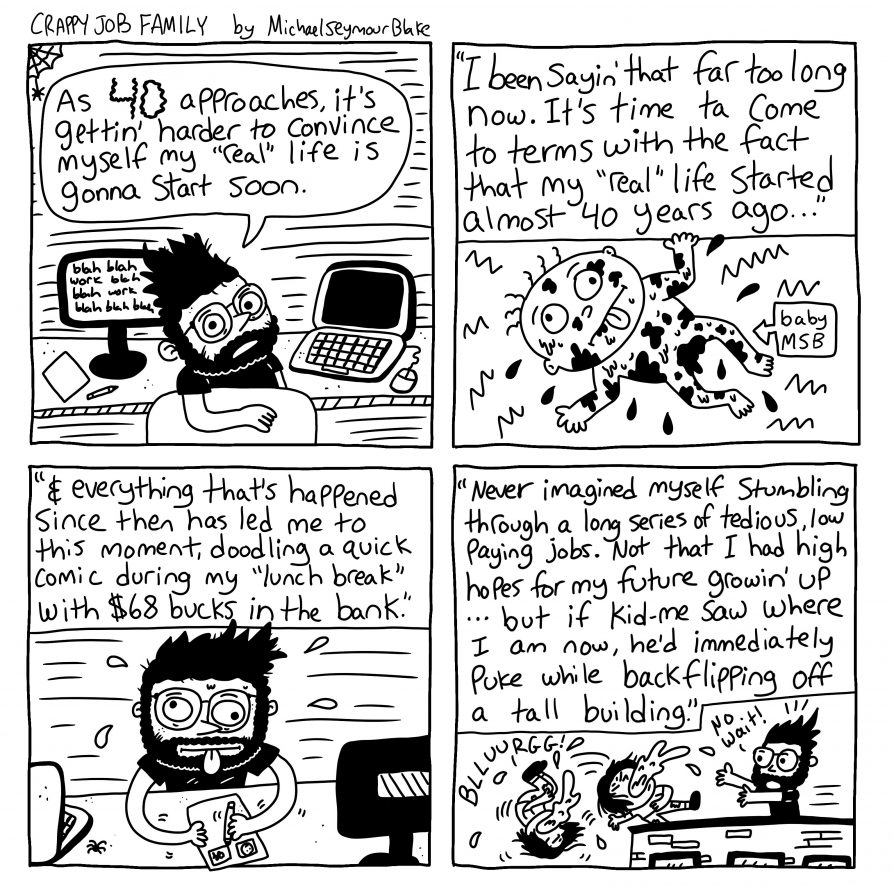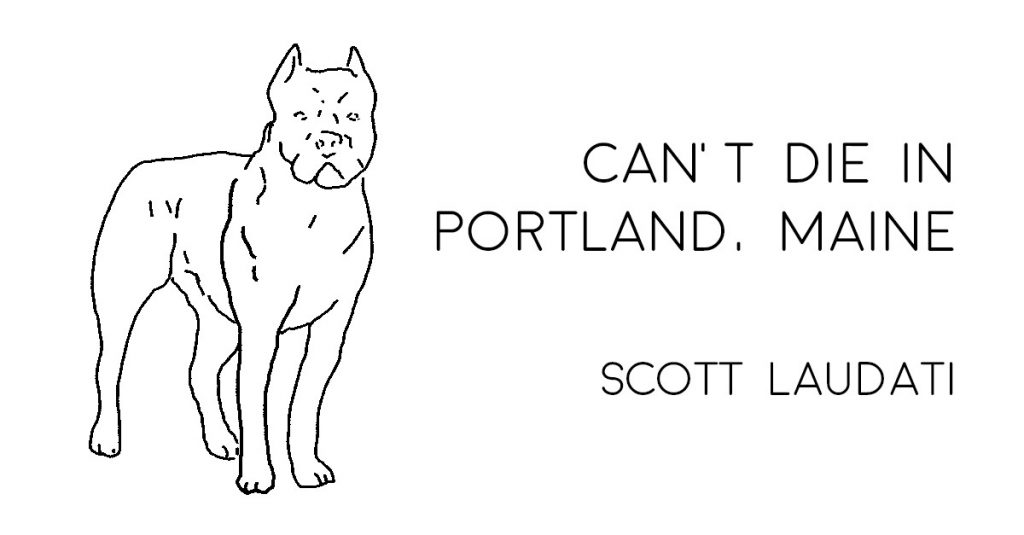
CAN’T DIE IN PORTLAND, MAINE by Scott Laudati
It was summer everywhere but Portland, Maine. From Brooklyn to Portsmouth road crews sat along I-95 and stared longingly into the finality of their existence. This was it. The winters too cold and the summers too hot. Fall was spoken about with the nostalgia of an old folk song, and spring, of course, ran shorter than a rainy weekend. The crews spent the entirety of these uncomfortable months working on the sides of roads while everyone sped by on their way to somewhere better, or worse. The only time the two groups interacted was when a motorist fell asleep and drove over the short wall of orange cones. “At least we have a job,” one hardhat probably said to the other. And none of them ever walked into traffic; they never even thought about it. But Seal thought about it as he drove past those crews on his way straight north from New York City. In fact, it was all he thought about. Of his existence. Of walking into traffic and freeing himself from the nightmare of being a man.
Seal liked Portland because he never sweat there. It was the beginning of June when he drove by the 7-11 on Congress Street and parked his car behind Longfellow Square. He stopped to play a game of pinball in a laundromat then walked down to Casco Bay. He saw a few crabs running in the muck left behind by a receding tide. He smelled his favorite smell: the chopped bait used in lobster traps—a rotting stink caked into the wooden hulls of lobster boats and imbedded deep beneath the nails of watermen—a stink that grew stronger as their boats headed back to the docks after a day at sea. And he saw his favorite bird: the black backed gull, almost the size of a pelican. Dozens of them gathered and erupted with long calls just as returning lobster boats became visible. The gulls sailed down on the docks with singular focus, arguing for prime spots where a few scraps might get tossed their way.
Yes, Seal liked Portland. He didn’t like kids and their fat parents bumbling around complaining about the price of lobster rolls. Or how they waited in line for hours to try French fries dipped in duck grease. Or how his serenity was continually broken by car horns and idiots screwing up the simple crosswalk directions in ways only tourists can. But all in all, he thought Portland was probably his favorite city.
Seal didn’t know why he cared about having a favorite city. He was 35 and totally broke; a feat he couldn’t quite understand being that his whole previous year had been spent under piers in Brooklyn rebuilding dock pilings. And when he tried, he couldn’t really remember anything from that time. He wanted to. He wanted to explain to everyone the way your hands feel in January when seawater gets under your gloves. The real maddening blind rage your body goes into when you can feel parts of it dying for $22 an hour. He wanted to tell them that quitting was the only sane thing to do in an insane world. But nobody actually cares about anyone else, so he didn’t bother. And he was thinking about that last winter now and it didn’t seem like it had really been him who’d gone through it. What did his mind do while he hit concrete with a hammer 40 hours a week, week after week? He had no idea. He could remember his ex-girlfriends. His priests. The people he’d once called his best friends. The moment when it all stopped being possible and everything just morphed into varying levels of impossible. What was the point? Did he ever really have a chance?
Now 35 years had gone by. A whole lifetime and nothing to show for it.
He stepped into the water of Casco Bay—the freezing water, replenished daily with new freezing water brought down by the Labrador Current from Halifax and beyond. He cursed but he was committed. After all, it was the same familiar cold he’d known on those days floating under the piers that finally brought him to this. The days spent soaking wet, icicles growing off his clothes and weighing him down like his limbs were the branches of an old tree, sailing into the eternal blackness of a pit whose middle saw no light, the sounds of a city above muffled and rounded out into some inaudible animal roar, like he was sailing around the Congo itself, but caught there in the real heart of darkness, seeing no more than the radius of his headlamp, or occasionally when a hose or machine exploded unexpectedly he might get a second to see his surroundings until the fireball or a fountain of sparks arched into the river, plummeting his world back into the unimaginable desert of darkness again.
Yes. He was going to kill himself one way or the other. It’ll be a better world without me, he thought, one less loser consuming the dwindling water supply. He was up to his neck now. Well, here we go. He took one last breath as a commotion began up on a dock—a high New England dock that had to account for the 30-foot swing between tides. He turned to look and saw the same crowd who just before had been ruining his peace with stupid human moments like: “See how fat I look? That’s a terrible picture, take another one!” and their dad or boyfriend grumbled that this wasn’t what they’d spent all year working for, but still, feeling obligated to prove to their friends watching on the internet that their lives were perfect, repositioned themselves for a more professional stance, and hoped somehow that through a filter or maybe God’s love this next picture would suffice, and they wouldn’t have to endure any more berating in front of the other tourists.
But now they all pointed at Seal, screaming, “HELP.”
That was when he saw a dog, thrashing wildly under the dock, being bounced against barnacle covered pier legs and letting out a fading yelp with each hit. Seal hated people, all people, on some days even his own mother, but he loved dogs, all dogs, and he didn’t hesitate a second before swimming madly to the drowning creature.
Blood seeped out of the dog and thickened the surrounding water like a chemical spill. Barnacles worse than serrated knives attacked their bodies and Seal took a good sticking as he caught up to the dog. It was a big pit bull, probably the king of many dog parks, but it submitted immediately into his arms, and paddled the best it could, not just to assist, but because it was a good dog, and it didn’t want to be a burden to anyone, even upon its possible death.
But it did not die. Seal got the dog up onto the beach and saw that the wounds were basically superficial. The dog was exhausted more than anything else, and after a few seconds of heavy panting his tail began to wag like a toy coming back to life. “You’re a good dog,” Seal said, and patted the dog’s stomach to reassure him. It was a beautiful moment. Man and dog lying there under the fading summer sun. Blessed with this Maine shore. A savior and a life saved. Nothing could mean more than this.
A blonde girl with a tattoo above her eyebrow and a shirt that said “PUSSY IS THE POWER” slid down the embankment toward them like a skier with no skis. “Cornwall. Cornwall, my poor doggy,” she said. “Is he ok?”
“He’s ok,” Seal said. “He is what he’s supposed to be—a good dog.”
“I can’t believe you were out in the water already. If you hadn’t been there Cornwall would be dead. You’re a hero. You saved my dog’s life. It’s a miracle.”
Was it a miracle? If he hadn’t decided to kill himself once and for all, about seven hours ago in Brooklyn, he never would’ve driven here, he never would’ve gotten into the cold water, and Cornwall would be a floating snack bar filling the stomach of every crab and seagull in the bay. Was this fate? His life now had meaning. He was a man who’d found his moment. For the first time not marginalized by circumstance and bad luck. I am The Peoples’ Champ, he thought, I am indeed a hero.
Then the girl started sobbing and put her head against Seal’s chest. The pandemic was over but he realized it had been a year since a woman touched him, and he liked it. She pulled her head away and apologized for the wet mess of her face, but she didn’t really sound sorry and he thought she looked pretty good.
“We’re catching an REI Line out of here in an hour and heading back to Asheville,” she said.
“Ohhhh, you’re a gutterpunk.” He pointed at the tattoo on her face. “That makes sense. You don’t smell like a gutterpunk, though.”
“Have you ever done it?”
“No.”
“Come with us.”
“I can’t.”
“You have to! There’s a zoo we’ll pass in New Jersey. They have hyenas and you can feed them popcorn. Have you ever fed popcorn to a hyena?”
“That does sound pretty good. But I was supposed to kill myself. I only stopped to save your dog.”
“Come to the popcorn zoo with me. You can’t kill yourself now. That would be absurd. And I’ll feel responsible.”
She was right. It did seem ridiculous now. Seal’s life had gone from completely meaningless to almost the guarantee that he was going to get laid if he could just hang on a little while longer. I can always kill myself tomorrow, he thought.
They left the beach hand in hand and the dog never strayed more than a foot away. They crossed Munjoy Hill and she lay down in the street in front of the lighthouse and told Seal to take a picture of her from an angle that made the lighthouse look like an erection growing from her crotch. Then they went down to the railyard and sat in the weeds.
“If you can count the bolts in the wheel, it means the train is going slow enough for you to jump on,” she said. “I’ll go first. When I get on, you toss Cornwall up to me, then climb up.”
A freight train that had to be two miles long crawled by. They waited for the engine car to follow a bend out of view and sat silently while the oil cars followed one by one. Eventually the boxcars were up.
“Let’s go,” she said.
She threw her bag into an open boxcar and it disappeared inside. Then she put both of her hands on its floor and hoisted herself up.
“Ok,” she said. “Get ready, Cornwall.”
Seal and Cornwall were slow trotting along with the speed of the train. She laid on her stomach and extended both hands out from the boxcar. Cornwall was pretty seasoned at this and basically jumped up and landed in her arms. Once the dog got situated, she reached her arms out for Seal. He was ready. Suddenly a big jolt jerked the train back and forth and then it started to speed up.
“Hurry,” she said.
Seal started to fall behind. His feet slipped on gravel laid along the side of the tracks and made a full sprint impossible. Do it, he said to himself, you’ve got one shot at this.
He lunged at the open door. Both of his hands slapped the floor next to the girl and her dog, but there was nothing to grip. For a second it looked like he had it but then his hands started to slide and the momentum of gravity pulled his lower half under the train. Then he was on the ground. He saw his legs bounce limply between the bottom of the train and the tracks before they disappeared out the other side. He looked at the open boxcar, growing further away, and her face, her beautiful face decaying into some kind of horror, etched into the last seconds of his memory. And the dog, too. Cornwall’s mouth moved in vicious agony, teeth bared and unforgiving, barking with no sound.
Will the hyenas get enough popcorn tonight? he wondered. Will they go to bed hungry?

